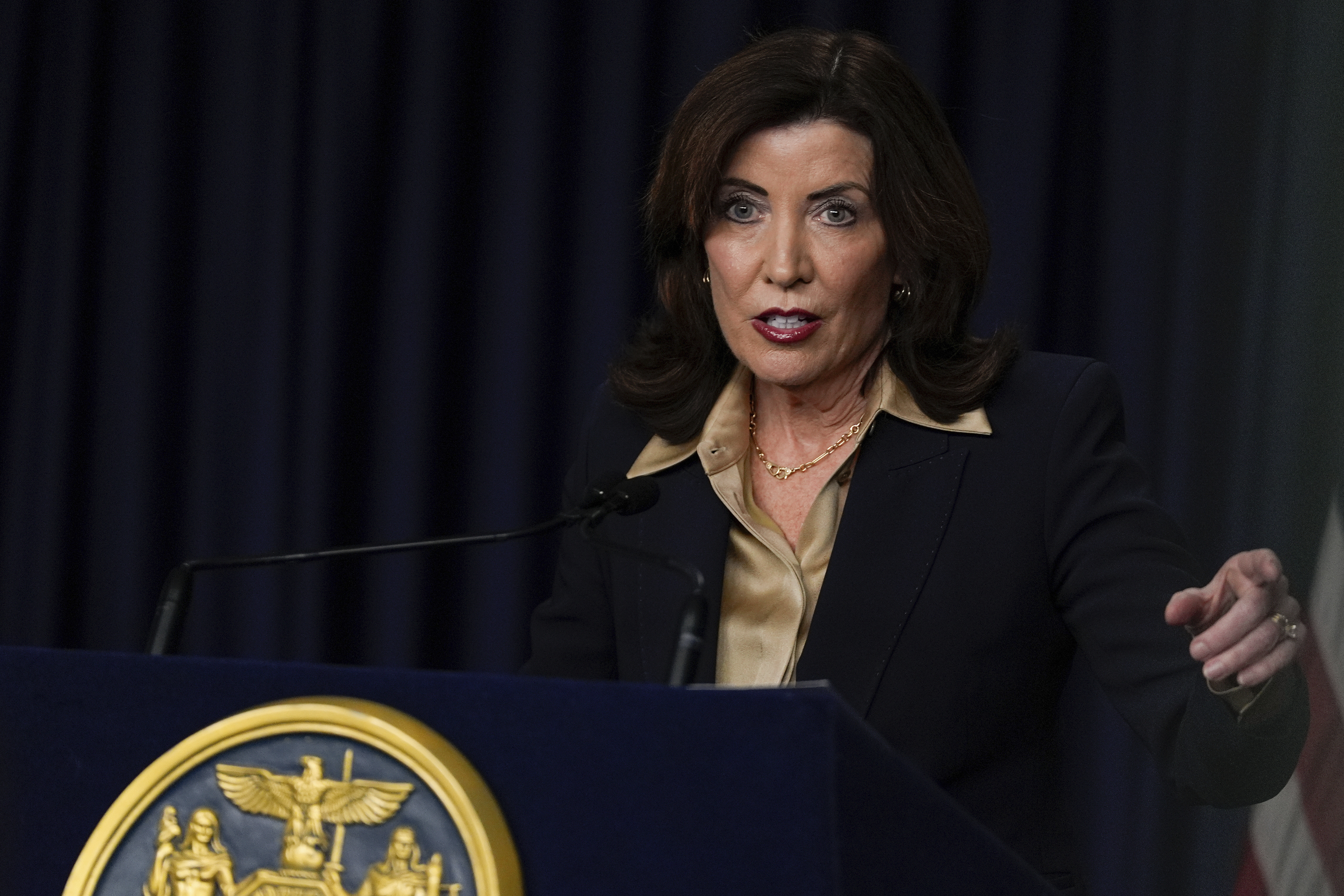The challenge to the Islamic Republic is alive and well, irrespective of mass demonstrations succeeding or failing. Young Iranians have become the champions of real change in their country.
The Green Movement's protests, which began by questioning Mahmoud Ahmadinejad's re-election as president on June 12, 2009, and then expanded to challenge theocratic governance, faded when the state regained control over public gatherings. Simultaneously, protesters felt abandoned as their senior leaders put self-interest first.
Green Movement organizer, and former two-time Iranian president, Mohammad Khatami wrote to Supreme Leader Ali Khamenei "recognizing the regime's legitimacy." In this manner, he avoided being defrocked or placed under house arrest. Now he simply requests the authorities to refrain from coercing Iran's citizens.
Former Speaker of Parliament, presidential candidate and Green Leader Mehdi Karroubi began talking about "reforming the government" while retaining Shiism as its foundation. By partially acceding to the regime's authority, he is finding a small measure of relief from intimidation by President Ahmadinejad's supporters.
Mir Hossein Mousavi, once the most vocal of all the unsuccessful presidential candidates and Green founders, now urges workers' unions to join him in forming an opposition "loyal" to the Iranian state. Mousavi's about face should not be surprising, as he is an ex-prime minister of the Islamic Republic. In addition, he represented the Iranian theocracy on Hezbollah's leadership council.
Having failed to push Ali Khamenei aside through the Assembly of Experts, former two-time president Akbar Hashemi Rafsanjani once again accepted the Supreme Leader's authority. Rafsanjani now blames the uprising on foreign influences, urges support for the Islamic Republic and speaks of Khamenei as "the most qualified one to resolve problems."
One presidential candidate who did not ally himself with the protesters was Mohsen Rezai. Recently, Rezai, a retired commander of the Islamic Revolutionary Guard Corps and current secretary of the Expediency Discernment Council, has been instrumental in convincing many prominent dissidents to return to the political status quo.
Much of the Green Movement's vitality came from Iran's youth. Their success in unmasking the revolutionary government as hypocritical, intolerant, corrupt and violent unnerved the movement's older leaders. So the latter attempted to temper the populist uprising rather than risk being swept aside. Karroubi and Mousavi claimed they never intended to be "topplers of the theocracy ... for they once held positions within the regime ... and still are soldiers of the revolution and the Islamic Republic." Such statements indicate precisely why Karroubi, Mousavi and their ilk do not represent the promise of a free and tolerant Iran.
But the Basij paramilitary cadres' violence and the Green Movement leaders' retreat have not prevented dissent from spreading across Iran. As Iranians adjusted to post-election conditions, it has become clear the promise of real change lay among Iran's discontent younger generations who comprise over fifty percent of the population. They also make up forty percent of voters. One quarter of all unemployed Iranians are between the ages of 20 and 40. Among young women, the unemployment rate exceeds fifty percent.
Those youths' graffiti in malls and subways denounce the mullahs' power. They circumvent government censorship of television and the Internet. Young women minimize and even reject the Hijab. Men and women sport the latest western fashions in clothing, jewelry and hairstyles. They flock to rock, punk and rave concerts despite the threat of arrest. They embrace globalization as a central aspect of protest, especially as the state condemns it as un-Islamic. Their push for social liberalization has merged with their quest for political freedom.
So, Iran's post-revolution generations are taking up the formidable mission of challenging a government that brooks no dissent. Consequently, the Green Movement's role has become less important to these Iranians than their goal of purging theocracy from sociopolitics. They are subverting and marginalizing the political incumbents through constant independence.
In these youths' hands lies the success or failure of regime change in Iran. An Iranian in her early twenties declared confidently: "Time is on our side. We will keep on rebelling until we win!"











